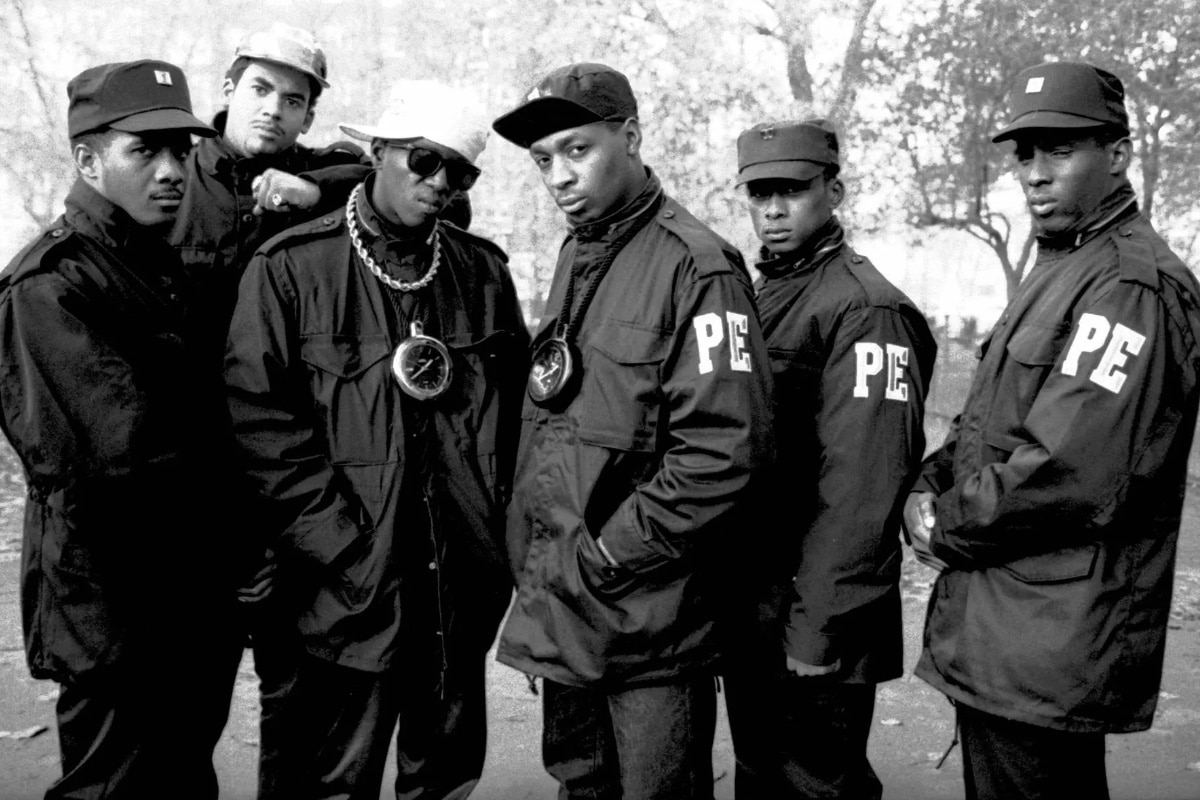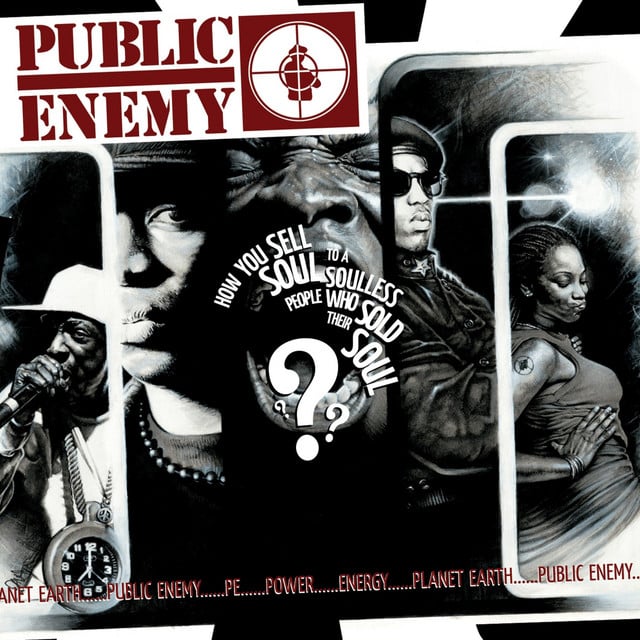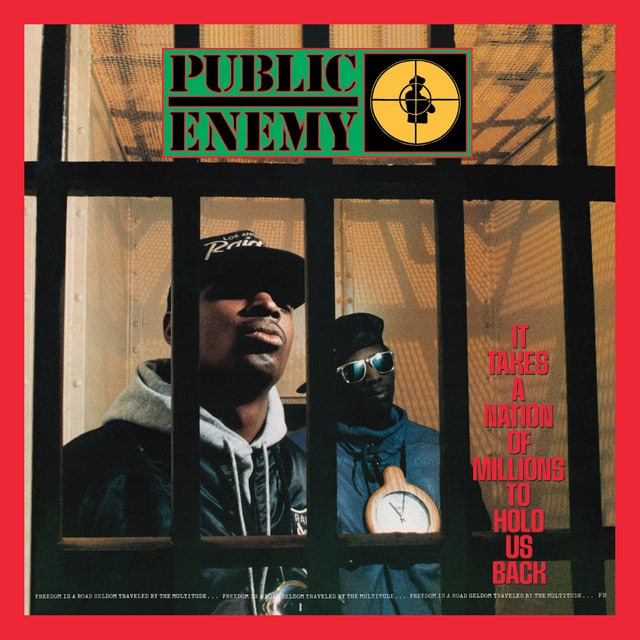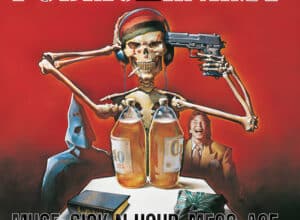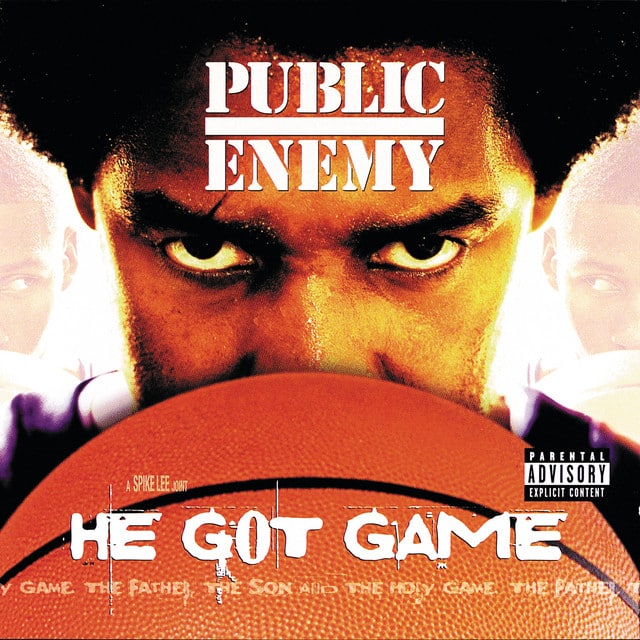“Fight The Power” by Public Enemy is an unapologetic ticket into the raw underbelly of societal tension, resentment, and rebellion. It’s an iconic anthem that dissects the power structures in the society, inspiring listeners to challenge the oppressive forces perpetuating inequalities. The message is powerful and clear: fight against the system that keeps you down, and demand your rightful place in the construct.
The opening lines set the tone for the entire song – it’s a call to arms for those who are “best trained, best educated, best equipped,” yet refuse to fight against the very system that marginalizes them. It rings out as an indictment of the complacency among the educated and privileged, a declaration that it’s time to rise, resist, and disrupt.
When Chuck D spits “1989 the number another summer (get down) Sound of the funky drummer,” he’s hailing the year, but also reminding us of the vibrant, pulsing lifeblood of hip-hop, the beat, the ‘funky drummer’. The soul of the track – the beat, is a metaphor for the heart of the Black community, pumping rhythm and fueling passion in the struggle against oppression.
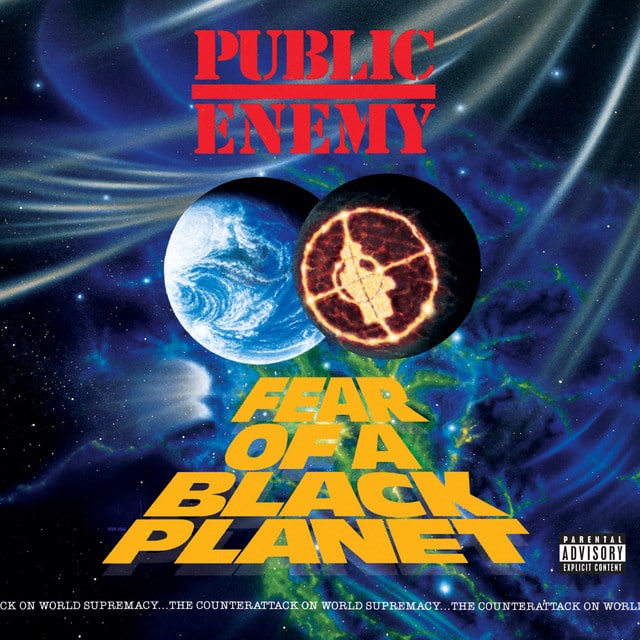
“Our freedom of speech is freedom or death/ We got to fight the powers that be” – this emphasizes the importance of standing up against oppression. It ties in with ideas of civil disobedience and revolution, solidifying the role of hip-hop as a platform for marginalized voices to express their frustrations and call for change.
As you delve further into the lyrics, Public Enemy drops some real talk about cultural idols, taking aim at Elvis Presley and John Wayne, stating blatantly “Elvis was a hero to most / But he never meant sh-t to me you see / Straight up racist that sucker was / Simple and plain / Motherf- him and John Wayne”. They remind listeners of the whitewashed history that mainstream society worships, highlighting the racism of these American icons. It’s a confrontational critique of the racial bias in our societal heroes; the people glorified on our stamps and in our history books.
The lyrics “Don’t worry be happy / Was a number one jam / Damn if I say it you can slap me right here” takes a shot at the dismissive attitude of society towards the struggles of marginalized groups, using the reference of Bobby McFerrin’s hit song “Don’t Worry, Be Happy”. It rebukes the idea that one can simply ignore systemic racism and socioeconomic hardships.
Overall, “Fight The Power” is an ode to standing up against racism, institutionalized oppression, and marginalization. It’s a wake-up call, a declaration, and a rallying cry, persistent in amplifying the voices of the voiceless, and reinforcing the spirit of resistance that underpins the entire ethos of hip-hop culture.
